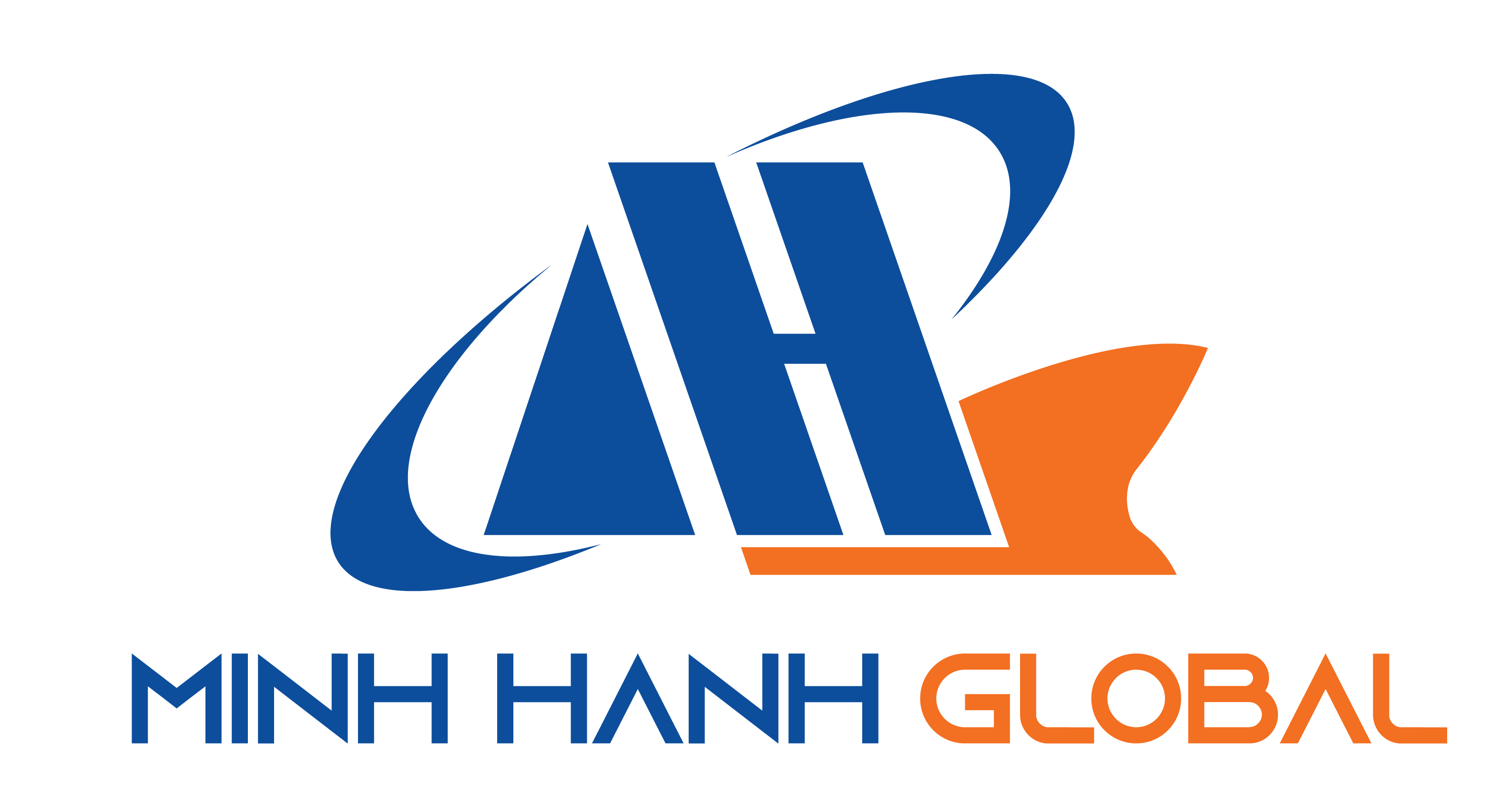MINH HANH GLOBAL EXCLUSIVELY LAUNCHES ECO-FRIENDLY CEMENT PRODUCT LINE
Cement production is a unique industry, using non-renewable natural materials - mainly limestone and releasing a large amount of CO2 into the environment. This poses a difficult problem for sustainable development, and Minh Hanh Global has researched and produced the eco-friendly cement product line - SAKIM.

The environmental effects of the cement manufacturing industry
Cement plays an important role in the process of building and developing infrastructure, contributing to changing the face of the city and the country. However, the cement production process causes serious harm to the environment, especially waste from dust and gas. Strict regulations on environmental protection in cement production need to be strictly followed by manufacturers.
A cement production plant consists of the following three processes: Raw material process, clinker burning process and finish grinding process. The raw material process and the clinker burning process are each classified into the wet process and the dry process. The major processes involved in production are excavation of limestone crushing of limestone, preparation of other raw materials, grinding of raw materials in the raw mill, storage of raw meal in a raw mill silo, blending of limestone powder to control CaCO3 percentage, burning of raw meal to form clinker, grinding the clinker with gypsum in cement mill and storage of cement in silo packing and distribution of cement.
.jpg)
With a capacity of approximately 100 million tons/year, the cement industry is facing serious problems with pollution and sustainable development. Technological innovation and exploitation of environmentally friendly materials are the most effective and sustainable solutions to minimize negative environmental impacts. This requires cement manufacturers to invest in modern technology and research activities to replace small production models that are no longer effective.
Minh Hanh Global pioneered the use of environmentally friendly materials in cement production
Towards a sustainable development industry, minimizing negative impacts on the environment and human life, Minh Hanh Global has learned, oriented, and promoted the use of a kind of environmentally-friendly cement, SAKIM Cement.
SAKIM (blast furnace slag cement) is a joint project between the Institute of Building Materials and Top A Joint Stock Company. This is a cement using the auxiliary component of the iron-making industry which is blast furnace slag, combining with clinker. The aim of this product is to remove the additives in cement; reduce the amount of clinker in production and at the same time create a product with high applicability and excellent quality.
SAKIM Cement is the result of the R&D project of Minh Hanh Global, aiming to increase the use of environmentally friendly materials, reduce CO2 emissions causing greenhouse effects and take advantage of source ingredients from other industries. Accordingly, cement production will not emit harmful gas that affects the environment, minimizing the use of fossil materials in clinker and cement products such as limestone, soil. clay, silicon, iron ore and replaced with materials obtained from waste of other economic sectors as well as waste in daily activities of society (waste, sludge, ash, slag, waste materials construction, all ash waste after burning ...). Fuel-burning from coal, oil is gradually replaced by the burning of industrial waste, domestic waste, heat-generating waste that people are releasing daily. This not only contributes to cleaning the environment but also helps to reduce the use of fossil fuels.

SAKIM- Eco-friendly cement and its wide use in the construction industry
Born with the aim of providing a sustainable and economical choice for construction projects, SAKIM can use for both general and special purposes due to its low heat exothermic, durability in sulfate, and seawater.
Low heat emitting concrete mixtures are the optimal choice for mass concrete to minimize the potential for thermal cracking. The mixture of SAKIM cement uses the maximum amount of fly ash or slag to replace the cement or contains the lowest amount of binder without changing the properties of the concrete and still meets the requirements set out.
The durable properties in the sulfate and seawater environment of SAKIM cement open up great opportunities for application in many civil and industrial constructions.
- Sulfate-resistant cement reduces the corrosion of sulfates and chlorine for concrete in seawater, saline water, alum contamination, and groundwater.
- Increase water resistance for concrete.
- Ensuring the safety of steel structures, helping the building keep its original design and stand up to all weather challenges.
- Ensure the properties of concrete are always stable, increase the durability of concrete, increase the life of the building.
- Suitable for Vietnam's climate
SAKIM cement factory has a 2.5 million tons/year production line with Japanese technologies and standards, shows great potential in both domestic and exporting market.




